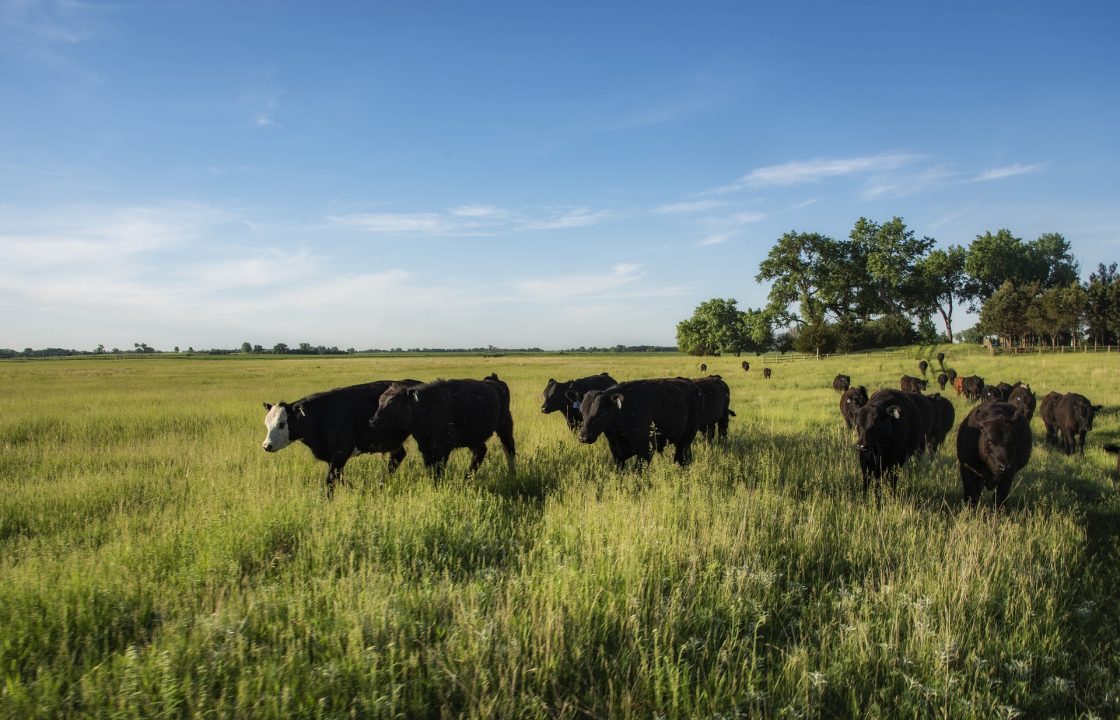A well-planned vegetarian diet can meet nutritional needs and can be a healthy way to meet dietary guidelines. Vegetarian diets are chosen for nutritional, religious, ecological, or personal reasons. It is the position of the Academy of Nutrition and Dietetics (AND) that “appropriately planned vegetarian diets are healthful, nutritionally adequate and provide health benefits in the prevention and treatment of certain diseases”.
The Academy’s practice guideline contains recommendations, based on scientific evidence, designed to assist in the appropriate nutrition care for vegetarians. The guideline includes recommendations for children, adolescents, adults, and women who are pregnant or lactating, providing more than 30 nutrition recommendations related to vegetarian nutrition, including:
• Macronutrients, including protein
• Micronutrients, including vitamin B12
• Knowledge, beliefs, and motivations
• Diet diversity
• Nutrition counseling
• Treatment of hyperlipidemia, obesity, type 2 diabetes
• Adherence to a vegetarian diet
Vegetarian adaptations of the U.S. Department of Agriculture (USDA) food patterns were included in the 2010 Dietary Guidelines for Americans, with sample vegetarian food patterns that allow for additional flexibility in food group choices. However, those adaptations did not modify the underlying structure of the patterns but substituted the same amounts of plant foods for animal foods in each food group. In contrast, the current Healthy Vegetarian Pattern in the 2015 U.S. Dietary Guidelines includes changes in food group composition and amounts, based on assessing the food choices of vegetarians. The Healthy Vegetarian Pattern is similar in meeting nutrient standards to the Healthy U.S.-Style Pattern but somewhat higher in calcium and fiber and lower in vitamin D due to differences in the foods included.

Vegetarian diets are usually classified into one of the following three types:
1. Lacto-ovo-vegetarian is a modification of the diet that eliminates all dietary sources of animal protein except dairy products and eggs. This is the most common type of vegetarian diet and is the easiest of the vegetarian diets to prepare.
2. Lacto-vegetarian is a modification of the diet that eliminates all dietary sources of animal protein except dairy products. This requires that baked products be made without eggs and the elimination of egg noodles.
3. A strict vegetarian (vegan diet) is a modification of the diet that eliminates all dietary sources of animal protein.

Adequacy: The more restrictive the diet, the more challenging it is to ensure adequacy. Lacto-Ovo and Lacto-vegetarian diets require the same planning as any other diet. The vegan diet is a little more difficult but can be adequate with some planning. The Power Plate is a tool developed by the Physicians Committee for Responsible Medicine to assist in planning a nutritionally complete vegan diet and can be accessed at PCRM.org.
Pregnancy and Lactation: Well-planned vegan and Lacto-Ovo vegetarian eating patterns adequately provide for the nutritional needs of pregnant and lactating women. Folate supplements are recommended for all pregnant women, including vegetarians. Vegans must ensure daily intake of 2 mcg of vitamin B12 daily during pregnancy and 2.6 mcg during lactation, whether through supplements or fortified foods. Women with limited sun exposure should include vitamin D–fortified foods and possibly a vitamin D supplement. Caution should be used with vitamin D supplementation because excess vitamin D can cause fetal abnormalities.
Infants, Children, and Adolescents: According to the Academy, well-planned vegan and Lacto-Ovo- vegetarian eating patterns adequately provide for the nutritional needs of infants, children, and adolescents. Because of the high bulk of low-fat vegetarian eating patterns, it may be difficult for children and adolescents to consume enough food to provide for their energy needs. Frequent meals and snacks with nutrient-dense foods can help meet energy and nutrient needs. If sun exposure is limited, vitamin D–fortified foods or supplements should be used. For vegan children, a reliable source of vitamin B12 should be included in their diets. To provide for growth, calcium, iron, and zinc intakes deserve special attention.
It is recommended that parents of vegetarian infants and youth consult a registered dietitian nutritionist (RDN) with expertise in the vegetarian eating pattern.




